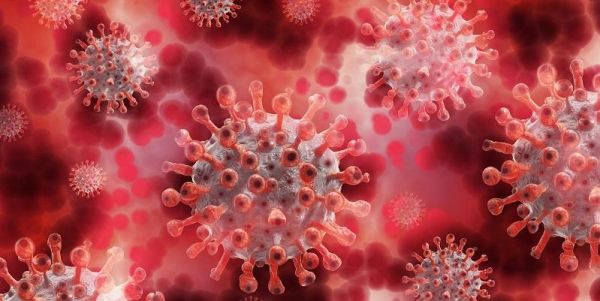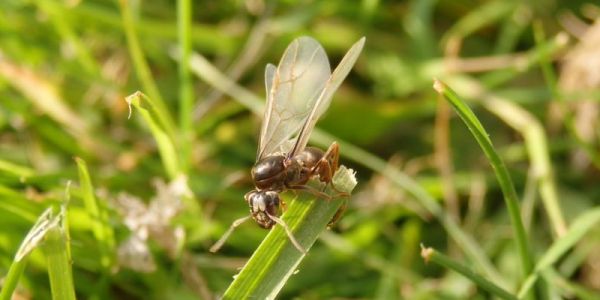
Helping Yorkshire reduce its carbon footprint
A West Yorkshire city’s ambitious plans to tackle the effects of climate change are being supported by three University of Leeds students.

A West Yorkshire city’s ambitious plans to tackle the effects of climate change are being supported by three University of Leeds students.

Eight new fellowships designed to promote equality, diversity and inclusion in science have been awarded at Leeds, thanks to an historical endowment established alongside the British Heart Foundation.

A new survey carried out by academics specialising in British politics from universities across the UK has rated Sir Keir Starmer as a better post-war Leader of the Opposition than Jeremy Corbyn.

A major £3.4 million research project has launched to identify the best way to treat and support the one million people in the UK now living with long COVID.

Improving ventilation in workplaces and on public transport and fears of NHS overload during the COVID-19 pandemic have been highlighted in two new research reports.

Researchers are asking everybody across the UK to help survey one of the most amazing phenomena in the insect world – when millions of ants take to the air for their nuptial flight.

A challenge between friends went on to raise over £7 million for NHS Charities Together during the COVID-19 pandemic.

Work by the University’s Gatenby Fellow in Contemporary Art has been selected for Yorkshire Sculpture International's summer programme, which starts this weekend.

Forest clearance in Southeast Asia is accelerating and leading to unprecedented increases in carbon emissions.

The University has appointed Jennifer Sewel as its next Secretary.